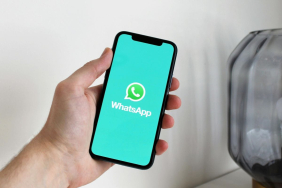Jack Dorsey has unveiled a new decentralized messaging application named Bitchat. This innovative project operates on peer-to-peer public domain principles and utilizes Bluetooth Low Energy (BLE) mesh networks. According to Dorsey, the app aims to provide a more secure messaging option, incorporating end-to-end encryption. Users can interact without needing an internet connection, account, or phone number.
Bitchat Features
In a recent post on X, Dorsey characterized Bitchat as a “weekend project.” For those interested in the technical nuances, a whitepaper on GitHub expands on the app’s functionality. Currently, the app is in beta through Apple’s TestFlight program; however, all available slots were quickly filled after its announcement.
The application is designed to utilize BLE mesh networking, enabling users to send messages directly to one another within close proximity. Devices can communicate within a range exceeding 300 meters, functioning both as clients and servers, which facilitates multi-hop message delivery.
Since Bitchat operates independently of the internet, it is insulated from issues such as censorship or network outages, Dorsey noted.
This messaging platform is touted for its decentralized nature, lacking a central control point or server, and is devoid of infrastructure dependencies. Messages sent through Bitchat are ephemeral, stored only in device memory by default. The app includes automatic caching to ensure messages are delivered once the recipient becomes available.
Additionally, Bitchat has a tiered retention system, where standard messages last for 12 hours, while those marked as favorites are kept indefinitely. It incorporates robust end-to-end encryption, using Curve25519 elliptic curve and the AES-GCM authenticated encryption algorithm as part of its multi-layered security approach.
Importantly, users do not need to register with phone numbers, email addresses, or any permanent identifiers to utilize the app, as highlighted by Dorsey.
Bitchat also mirrors functionalities commonly found in other messaging applications, such as a mention feature, allowing users to alert specific individuals about new messages. Furthermore, it enables the creation of topic-based conversation rooms, akin to channels in Discord, which can also be secured with passwords for enhanced privacy.






